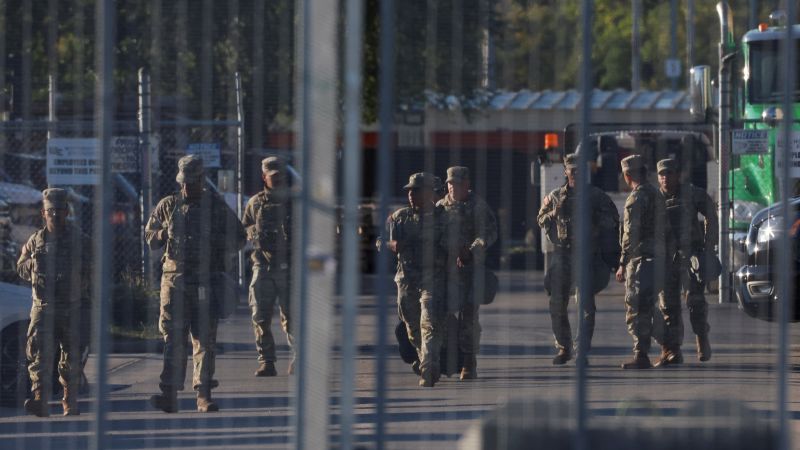
More than a dozen women have reported mistreatment in immigration detention while pregnant – including being placed in solitary confinement, receiving delayed and substandard medical care and being served poor-quality meals during pregnancy and miscarriage – according to a letter sent Wednesday to Immigration and Customs Enforcement officials and multiple Senate committees.
The letter cites interviews conducted with women held at the South Louisiana ICE Processing Center in Basile, Louisiana, and the Stewart Detention Center in Lumpkin, Georgia.
“Our interviews indicate that ICE has issued detainers, arrested, and taken pregnant individuals into custody, even after they have informed officers of their pregnancy, in violation of agency guidance,” the letter, signed by the ACLU and other advocacy groups, alleges.
The groups called on ICE to immediately release all pregnant detainees and refrain from detaining anyone known to be pregnant, postpartum or nursing.
The Department of Homeland Security did not immediately respond to CNN’s request for comment on the letter.
One woman, referred to as Lucia, reportedly spent a night bleeding and cramping without medical attention despite repeated pleas for help, according to the letter.
“Medical staff did not give her any food, water, or pain medication for several hours. Much later that evening, after a significant loss of blood, Lucia was transported to an emergency room approximately an hour away, with her arms and legs shackled,” the letter claims.
She later required a blood transfusion and was informed that she had miscarried. Returned to custody, still in pain and bleeding, she was eventually deported, the letter said.
In August, a DHS spokesperson denied allegations of mistreatment of pregnant detainees, rejecting claims in a report by senators that detailed 14 accounts of inadequate medical care, poor nutrition and overcrowding.
“Pregnant women receive regular prenatal visits, mental health services, nutritional support, and accommodations aligned with community standards of care. Detention of pregnant women is rare and has elevated oversight and review,” the department said in the August statement.

